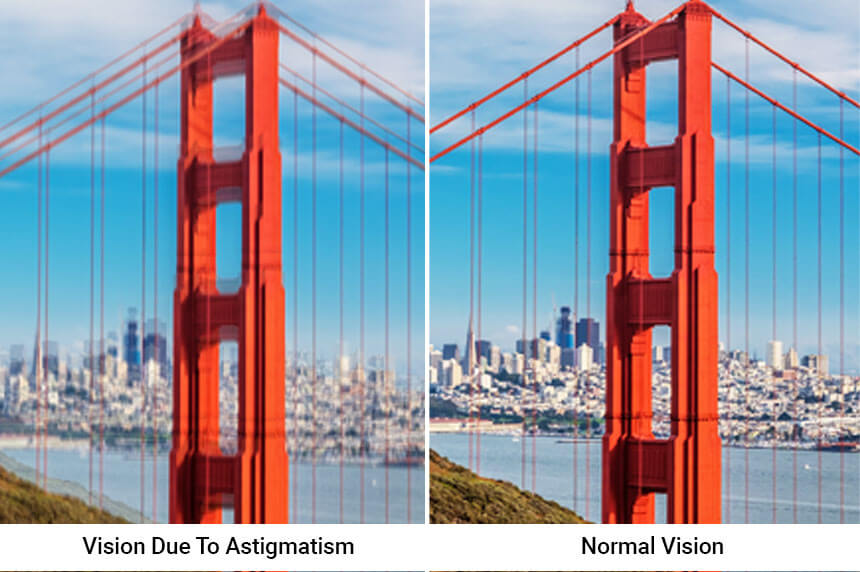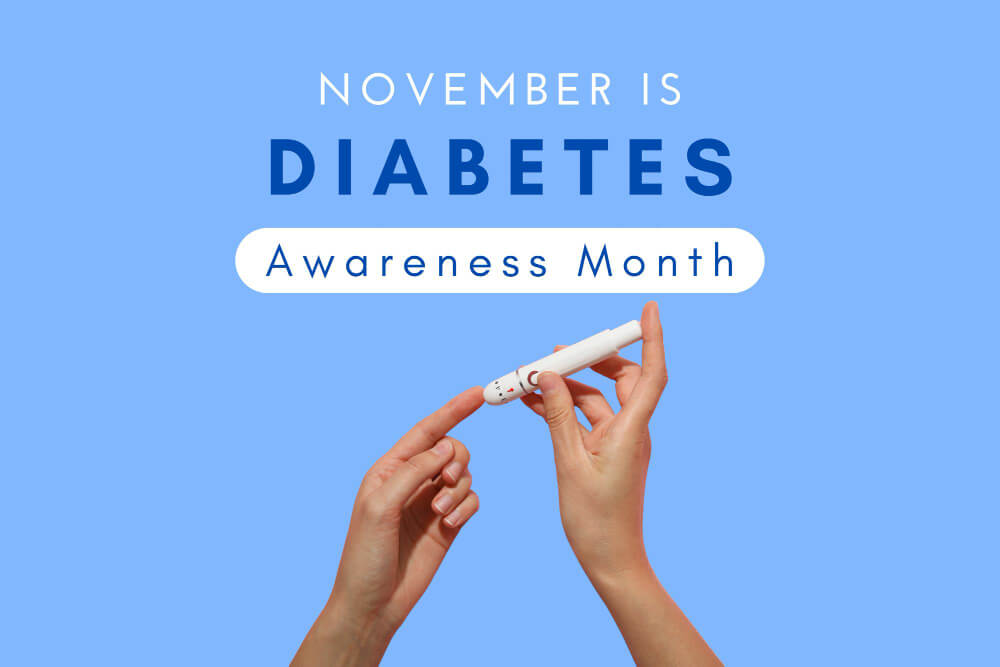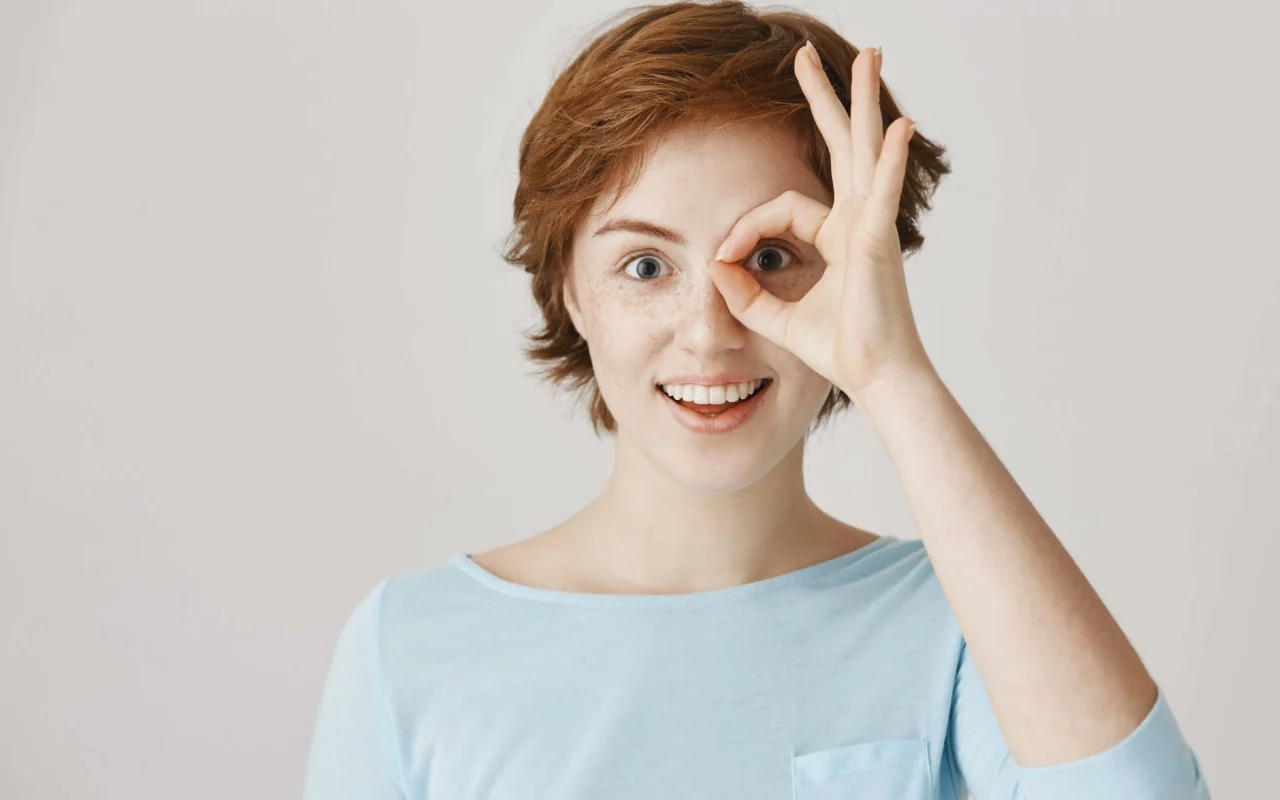Could you have cataracts? When should you have them operated on? These are probably the thoughts going through your mind, right? Don’t worry, as you are not alone in this, and this article is sure to help you put some of your doubts to rest. Cataracts are an eye condition, particularly common amongst elderly people, that causes the lens of the eye to become clouded and reduces vision. Cataracts are different from glaucoma, which cannot be reversed; cataracts can be treated with eye surgery by an ophthalmologist.
7 Facts that You Need to Know About Cataracts
1. Cataract Eye Surgery Replaces Your Clouded Lens with an Artificial Lens
Cataract surgery can restore your vision that was lost due to cataracts. A cataract occurs when proteins clump together in your eye, which causes clouding or the loss of transparency in your natural eye lens. Cataract surgery removes the non-functioning eye lens and replaces it with artificial implants, which are called intraocular lenses (IOL). The IOL then becomes a permanent part of your eye.
2. Cataracts are Common
Cataracts are a common, age-related clouding of the eye, and the number one cause of blindness globally. More than half of all Americans will have had or undergone cataract surgery by the age of 80, more than 3.5 million cataract surgeries are performed annually, and it is one of the safest and most effective types of surgeries.
3. Age is Not a Factor Anymore as the Number of Surgeries Has Risen
The annual number of cataract surgeries is increasing annually, and the average age of the surgery patient is dropping. Research indicates that the rate of cataract surgery increased 5 times between 1980 and 2010. The average age of a patient undergoing cataract surgery has now dropped to 65. Records show that the average age for the same was previously 73 to 75 years in 2004.
4. Cataract Surgery Allows You to See Things More Clearly
After having cataract surgery, you will experience the best possible vision due to accurate incisions and corrections, which will help you achieve your goal of being less dependent on your spectacles. Studies have shown that there was a decline in car accidents amongst the elderly after their cataract surgeries. Another study depicted a drop in the rate of falls experienced by older women after they underwent cataract surgery. A study in Australia found that there were fewer reports of anxiety or depression after cataract surgery; this was probably due to improved visibility, improved confidence, reduced social isolation, and increased activity.
5. Cataract Surgeries Are Not Painful
Cataract surgery is not as painful as most patients have described a mild sensation around their eyes. In certain cases, your doctor may administer a small anesthetic block around your eye. The majority of patients have not found the operation stressful or painful. You can also opt for a general anesthetic to knock you out throughout the procedure.
6. People are Opting to Have Cataract Surgeries Earlier Nowadays
The Boomer generation is opting to have cataract surgery earlier than their predecessors. Their line of reasoning is that the surgery is safe with a lot fewer complications due to technological advancements. Most patients want to get rid of the cataracts immediately rather than waiting for them to get worse. Research indicates that today’s generation does not want to slow down in their lives due to vision problems and chooses to get rid of their vision problems as soon as possible.
7. Cataract Surgery is Not Risk-Free, but due to Major Advancements, it Offers Benefits Beyond Improved Vision
The rate of there being any serious risks is pretty low, ranging between 1-4% according to the American Academy of Ophthalmology. You need to discuss with your surgeon whether the future benefits to your eyes are worth the small risks he will take when removing your cataracts. Today, patients may spend just 15 minutes having their surgery with an incision that is just 1/5 the previous size with no suture, after which the patient has to spend just 2 hours at the outpatient surgical center.
Also Read – Cataract Surgery for Both Eyes: How Long Should You Wait?











